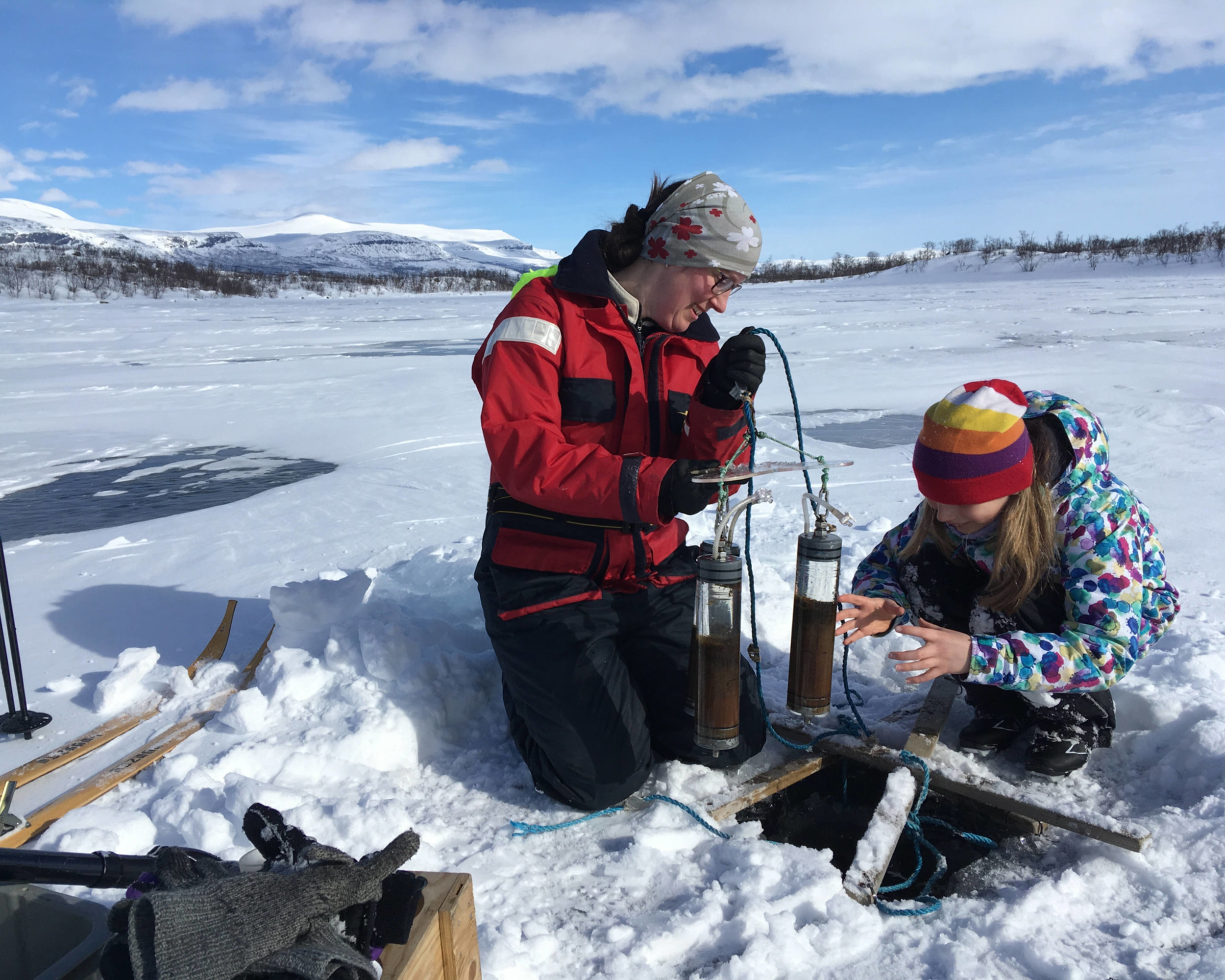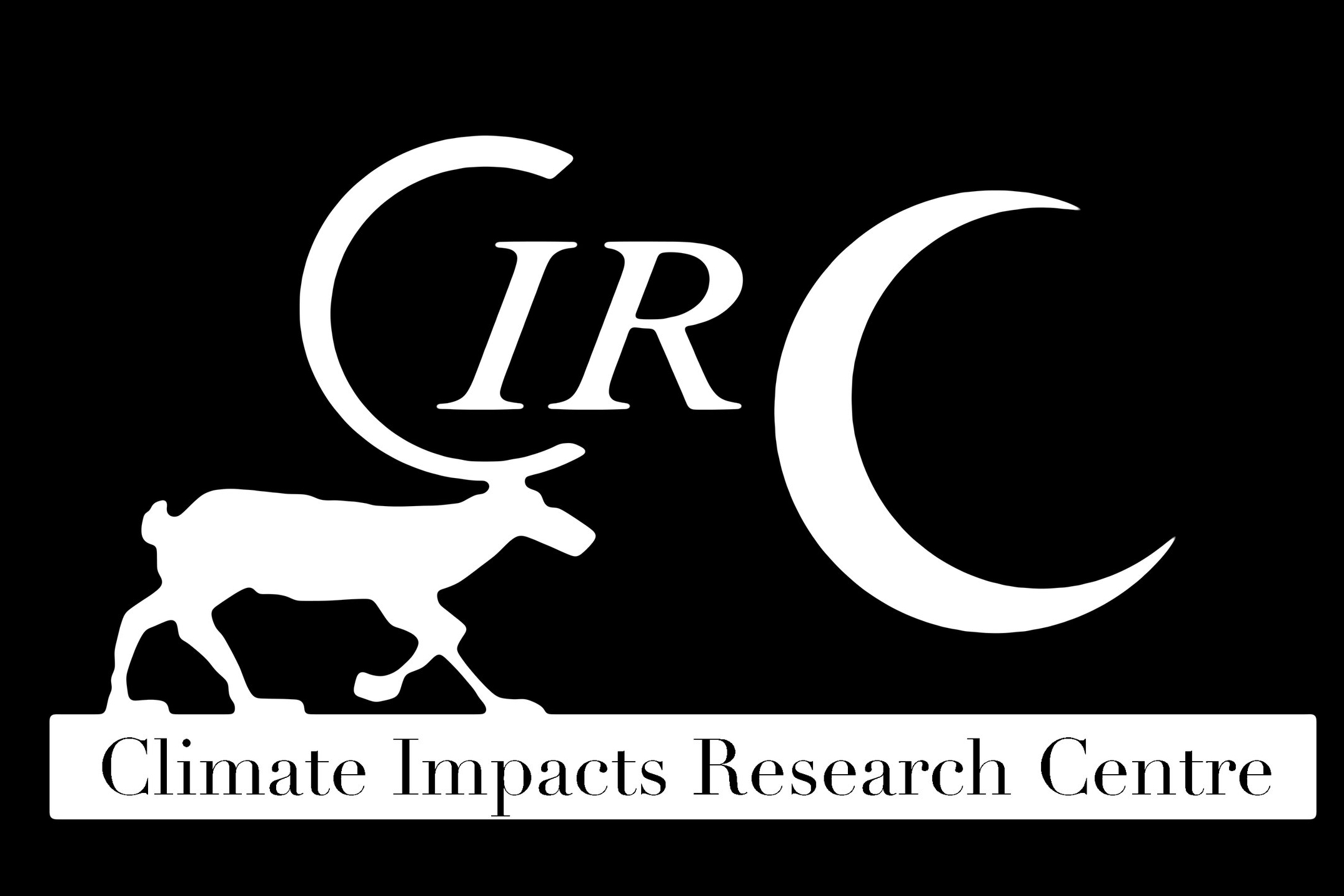Project Summary
Tundra soils play an important role in the global carbon cycle. Tundra regions are warming rapidly due to the ongoing global warming, and there are concerns that this will reduce the accumulation rate of carbon in tundra soils. It is even feared, that from being a sink, these soils will instead become a significant source of carbon to the atmosphere, which will add to the currently increasing levels of greenhouse gases. In the discussion about changed carbon cycling due to changed climate in tundra regions, temperature dependent decomposition processes and changed plant productivity rates have been the main mechanisms studied although it has been suggested that soil frost processes, might be of more importance for the fat of the soil carbon pool than temperature dependent microbial processes. The objective with my research project is to test this hypothesis.
Collaborators
Marina Becher, Umeå University





